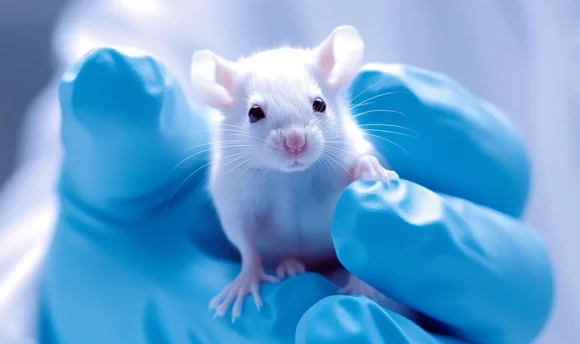Twice-a-Week Red Meat Consumption Boosts Diabetes Risk

Key Takeaways
- Eating two servings of red meat weekly could increase your diabetes risk.
- Swapping red meat for nuts or legumes might mitigate this.
A recent study published in the American Journal of Clinical Nutrition revealed that just two servings of red meat each week might make you more prone to developing diabetes. This condition already affects 37 million Americans, and this discovery could be a game-changer for many.
The scientists at the Harvard T.H. Chan School of Public Health didn’t just jump to conclusions. They took their time, examining the diets and health outcomes of more than 216,000 patients over the course of 36 years.
The Role of Red Meat Explained
During this extensive study period, 22,000 people were diagnosed with type 2 diabetes. A common thread was found: they often consumed both processed and unprocessed red meat.
Xiao Gu, the lead author of the study, emphasized the importance of limiting red meat intake, stating, “Our findings strongly support dietary guidelines that recommend limiting the consumption of red meat.” This advice applies to both processed meats like sausages and unprocessed cuts like steaks.
Seeking Healthier Alternatives
However, it’s not all bad news for meat lovers. The study hints at a healthier swap: replacing red meat with other protein sources. Nuts or legumes, for instance, were found to decrease the risk of diabetes by a remarkable 30%.
Walter Willett, another key researcher, added his perspective: “Considering our findings and earlier research, it’s advisable to limit red meat to about one serving weekly if you’re keen on optimizing your health.”
This discovery is especially timely as experts warn of a potential 700% surge in type 2 diabetes cases among young Americans. The message is clear: our dietary choices today can impact our health tomorrow.
Sources
- Gu, X., Drouin-Chartier, J-P., Sacks, F. M., Hu, F. B., Rosner, B., & Willett, W. C. (2023, October 19). Red meat intake and risk of type 2 diabetes in a prospective cohort study of United States females and males. American Journal of Clinical Nutrition.
https://doi.org/10.1016/j.ajcnut.2023.08.021 - Kato, B. (2023, October 19). Eating two servings of red meat increases risk of diabetes: study. New York Post.
https://nypost.com/2023/10/19/eating-two-servings-of-red-meat-increases-risk-of-diabetes-study/

















































 Select your language:
Select your language: 







